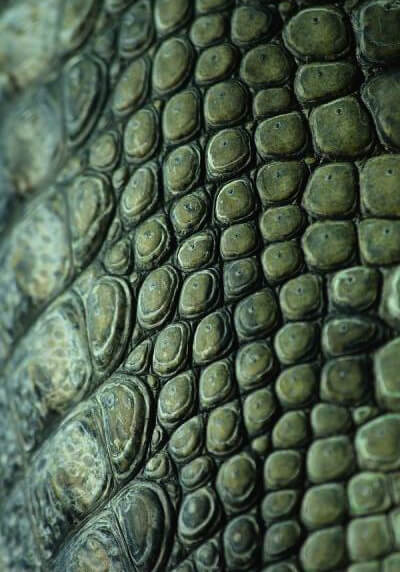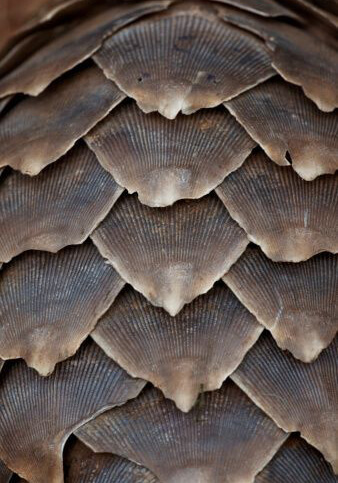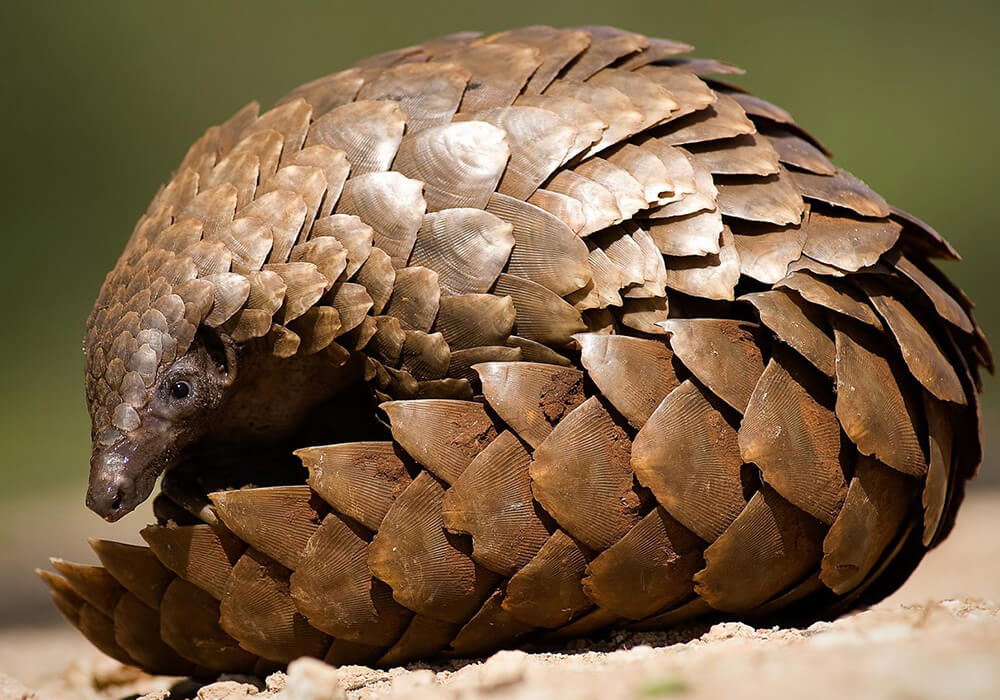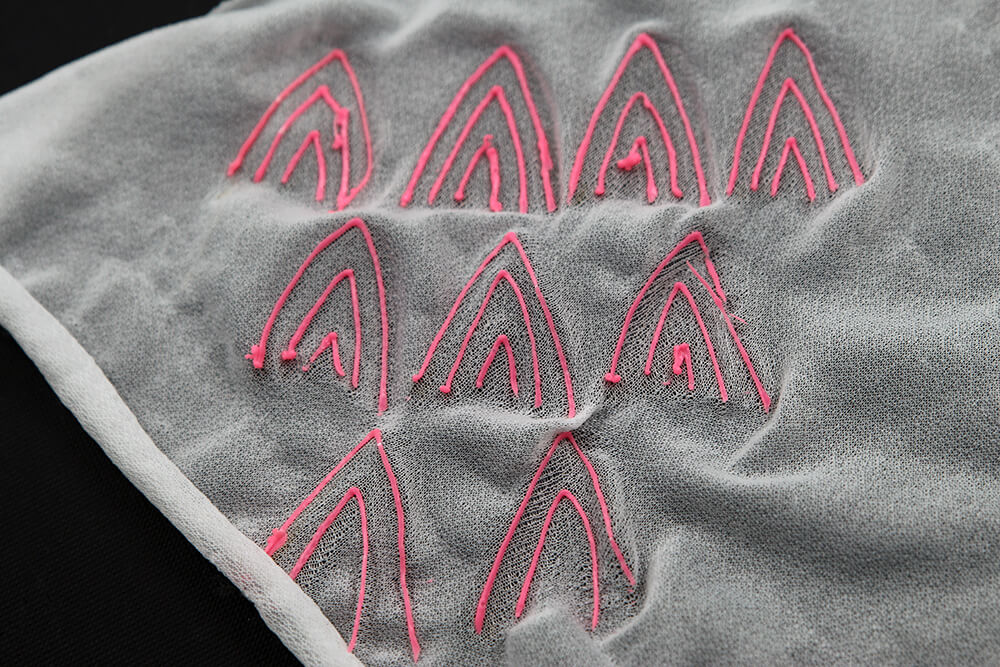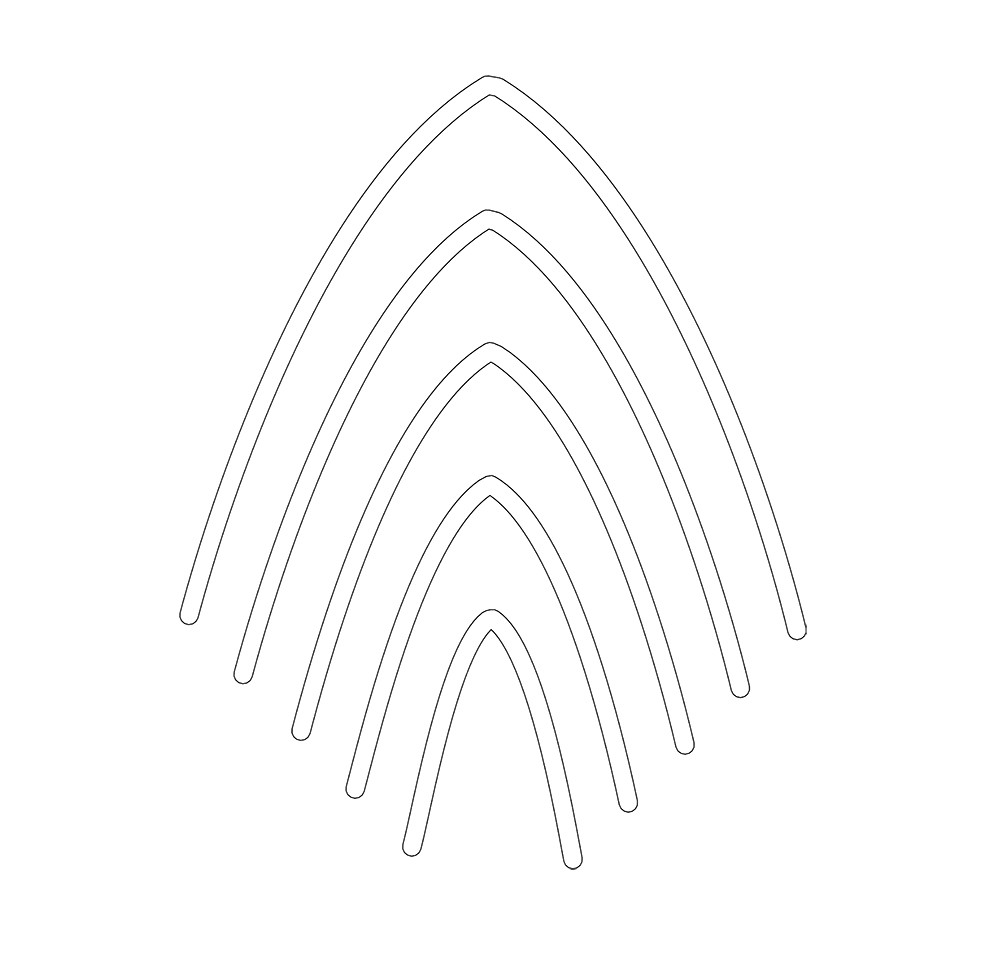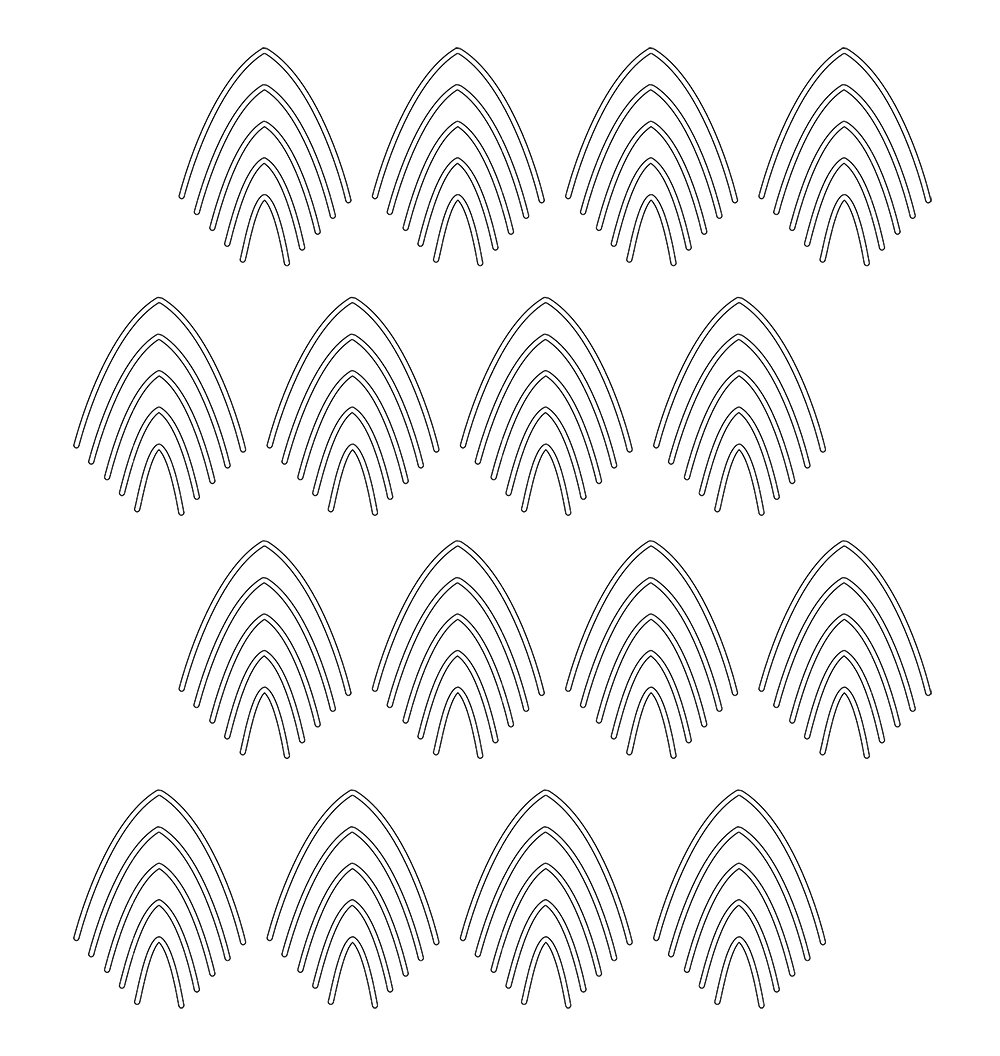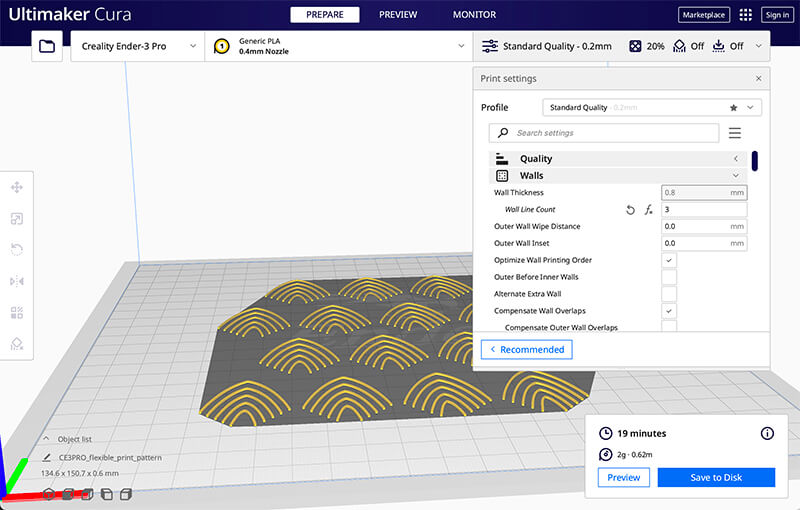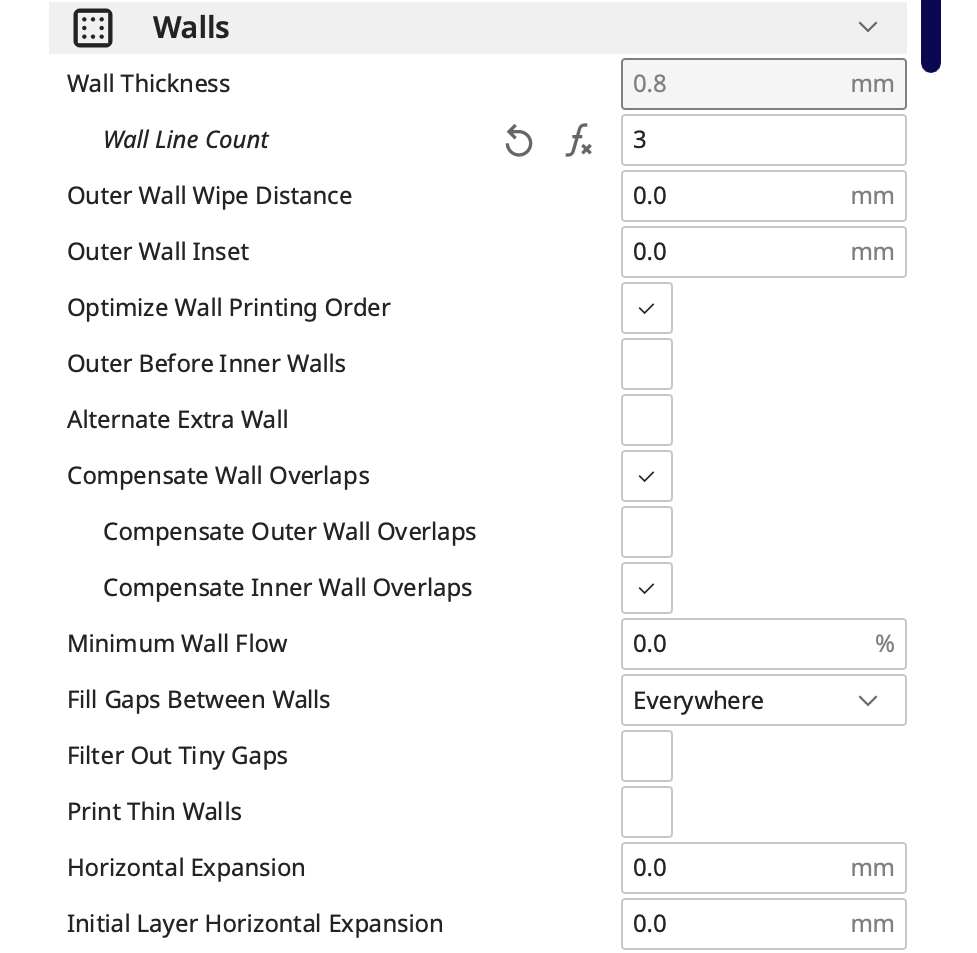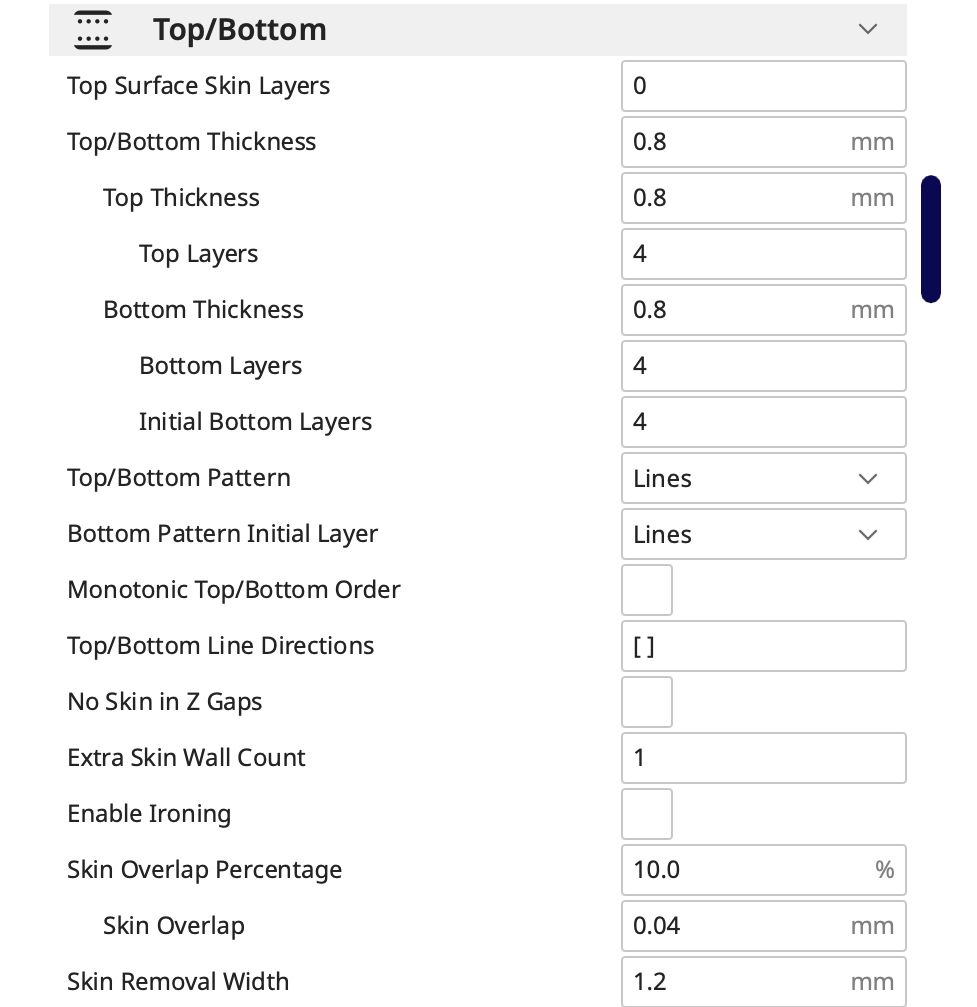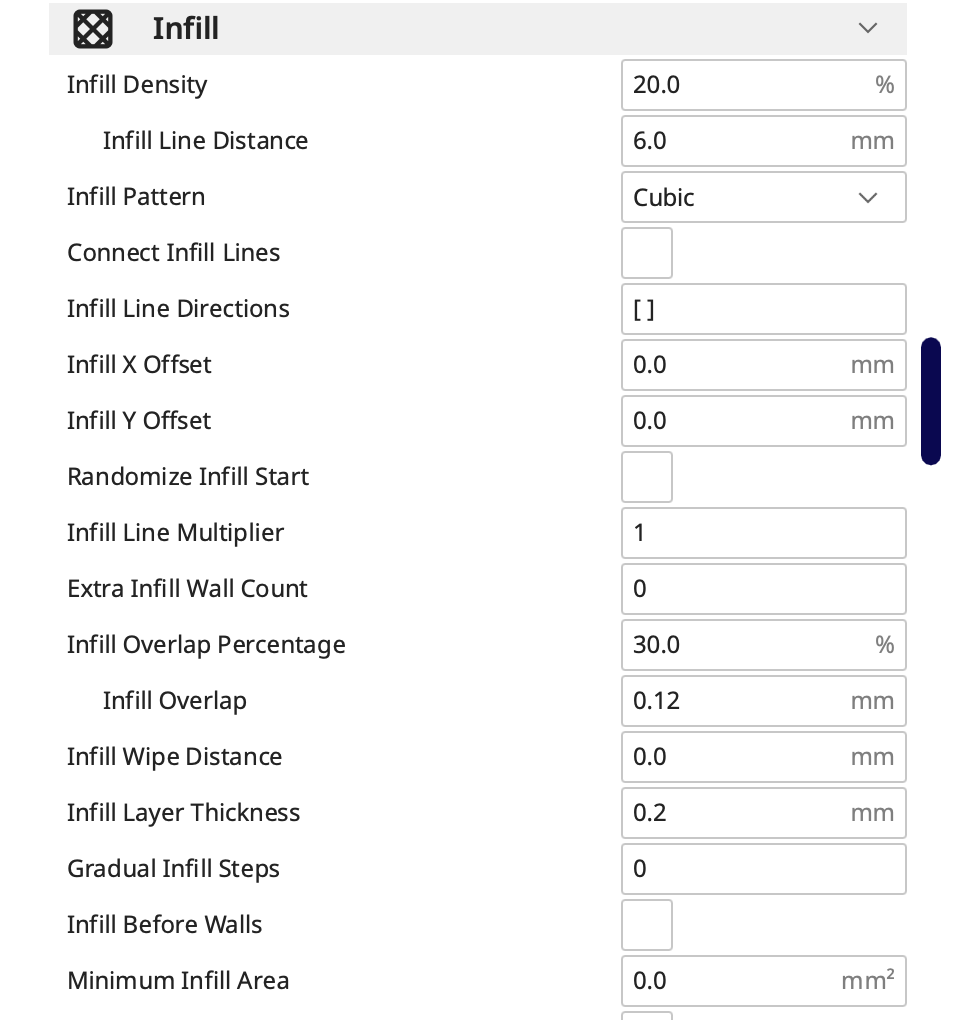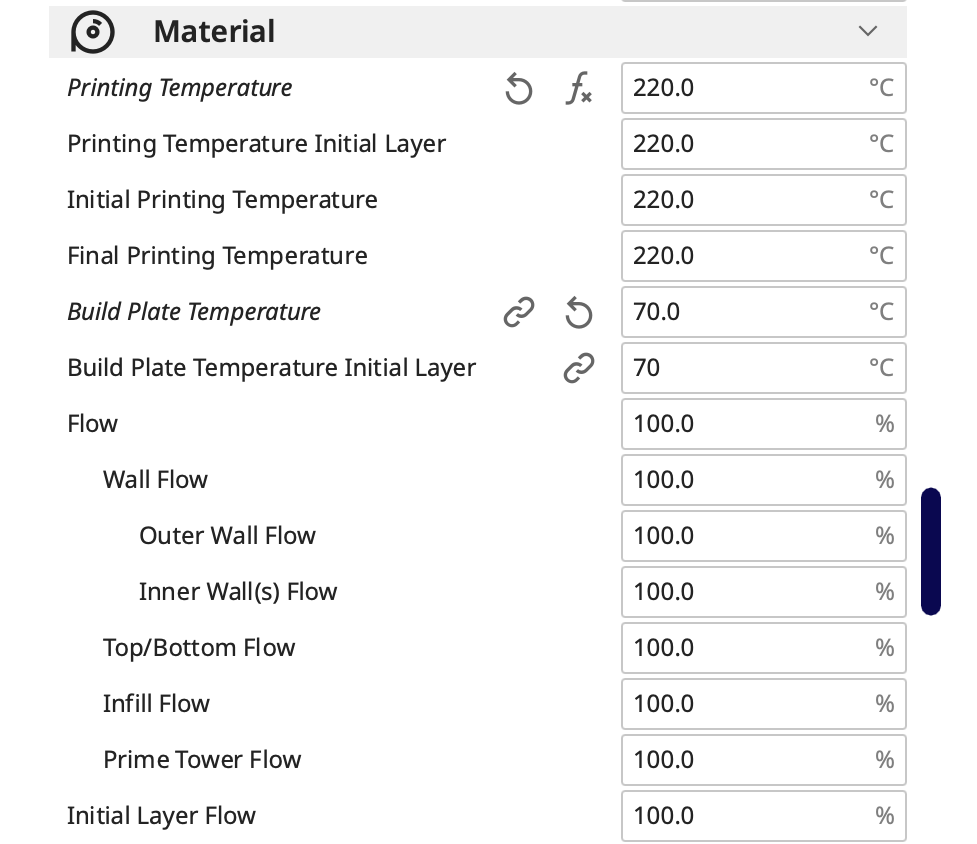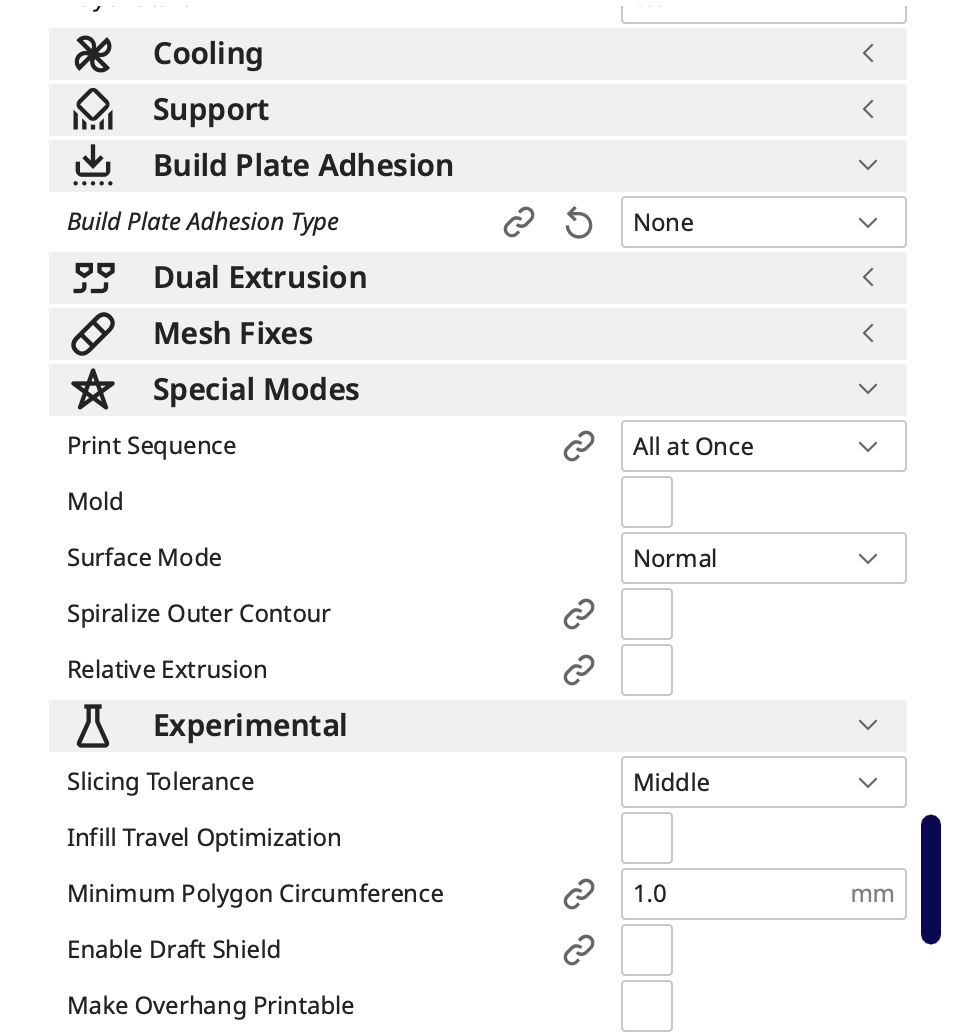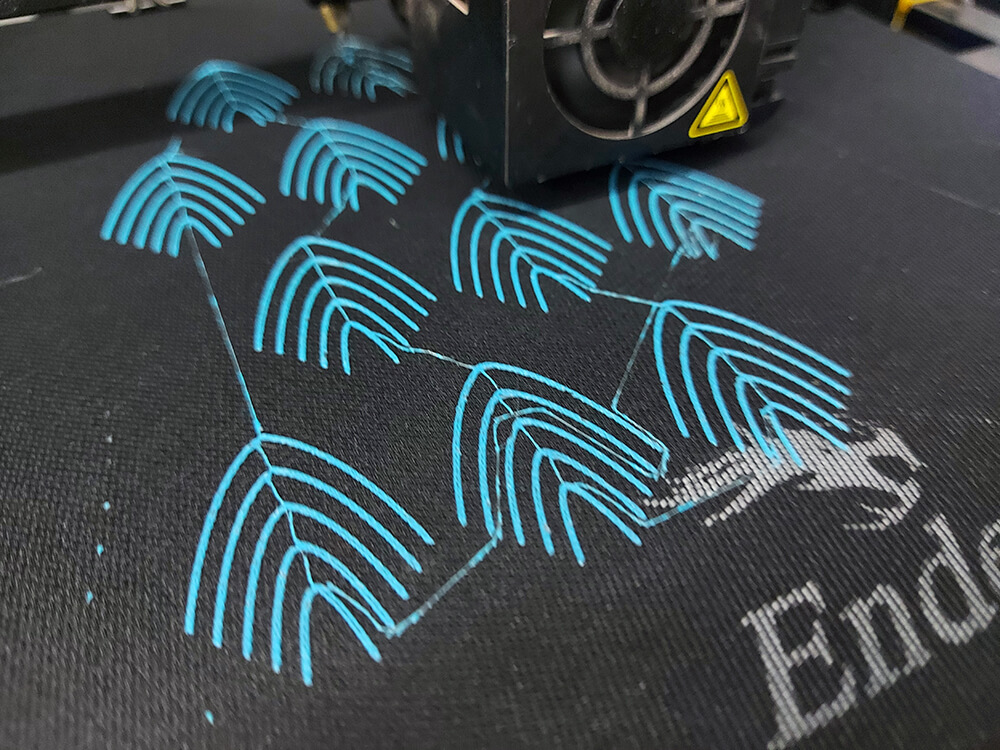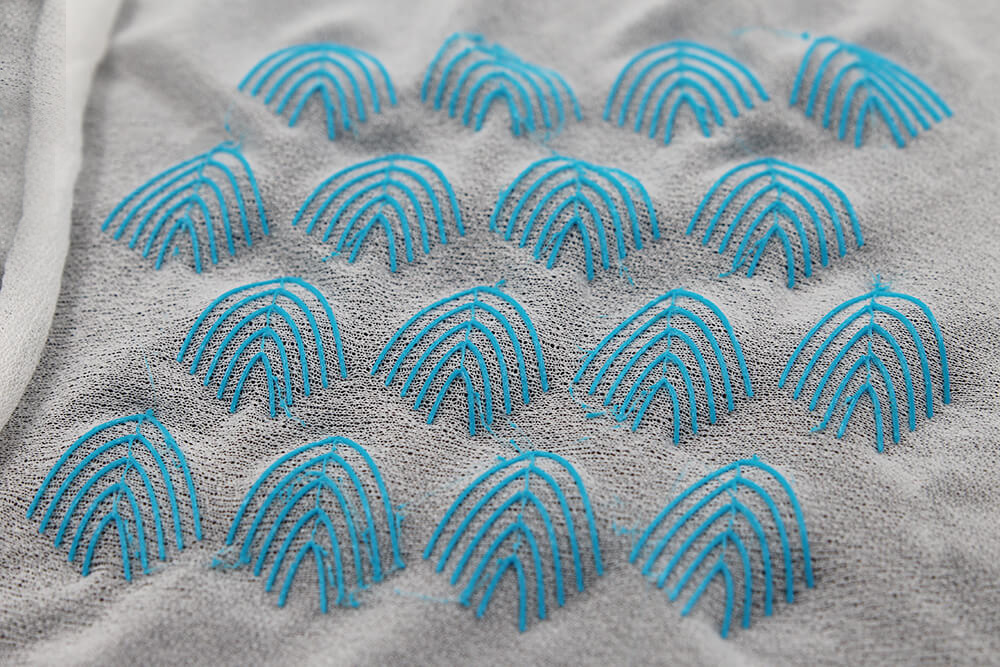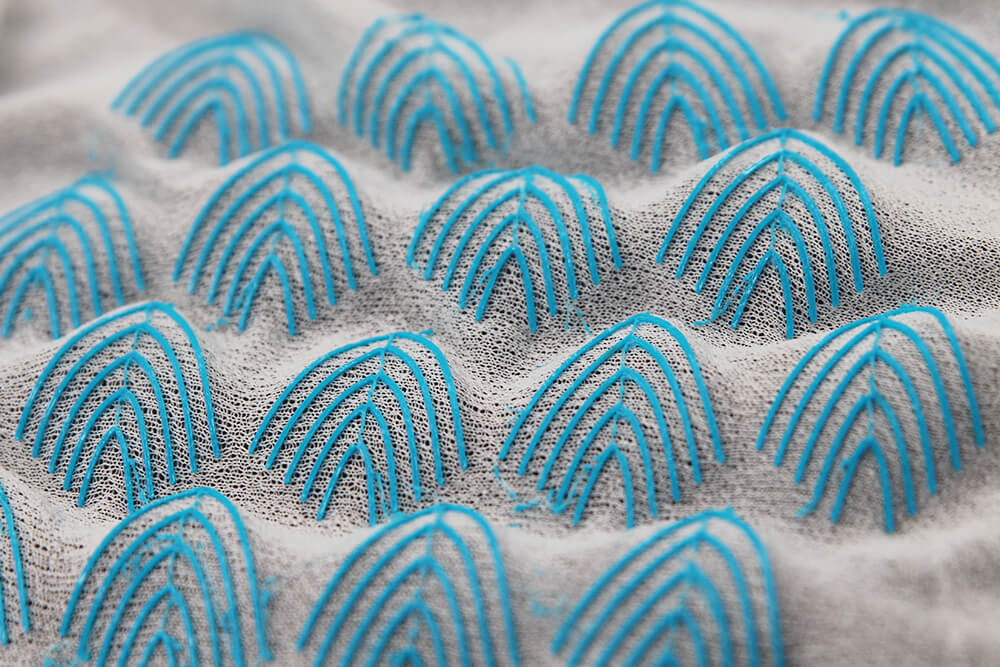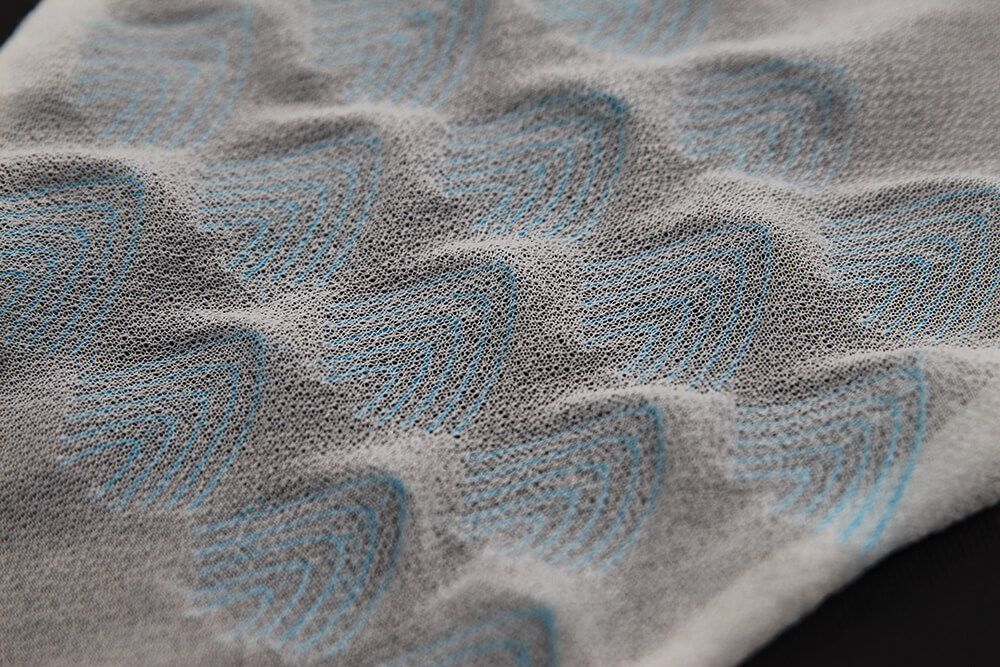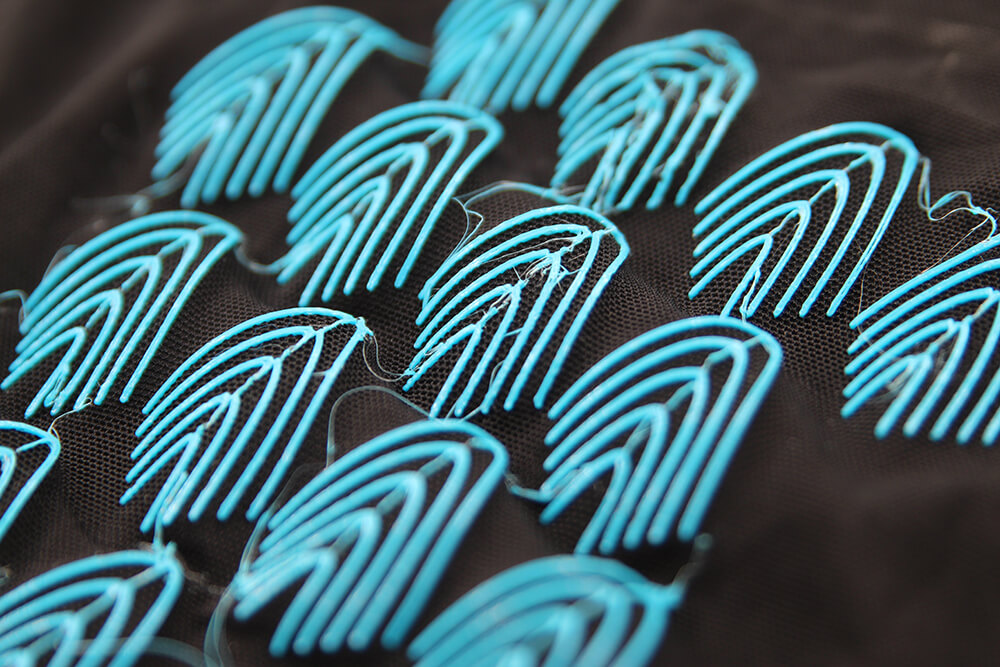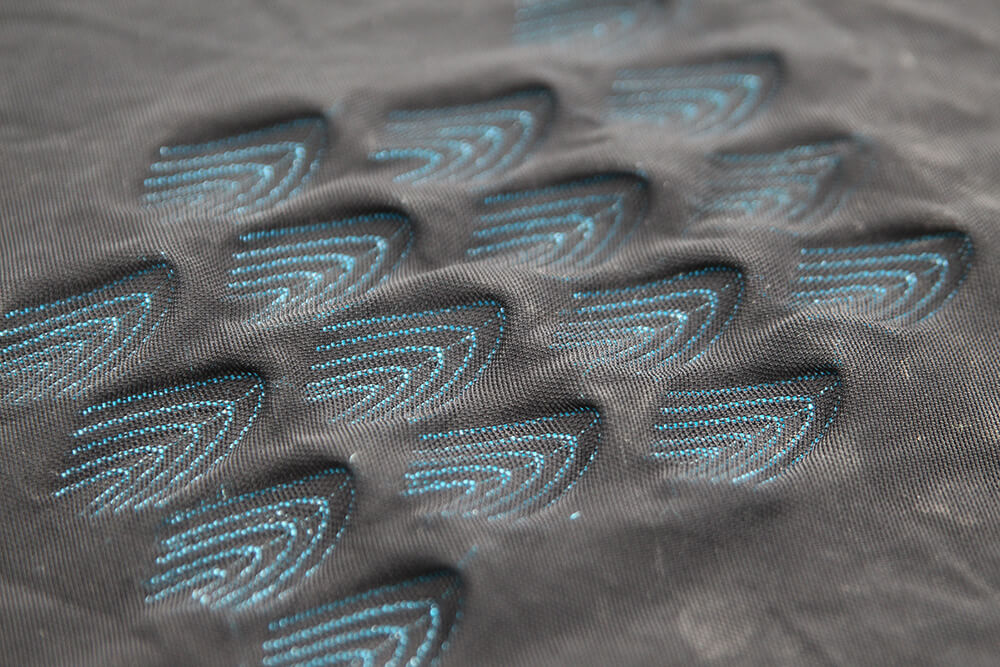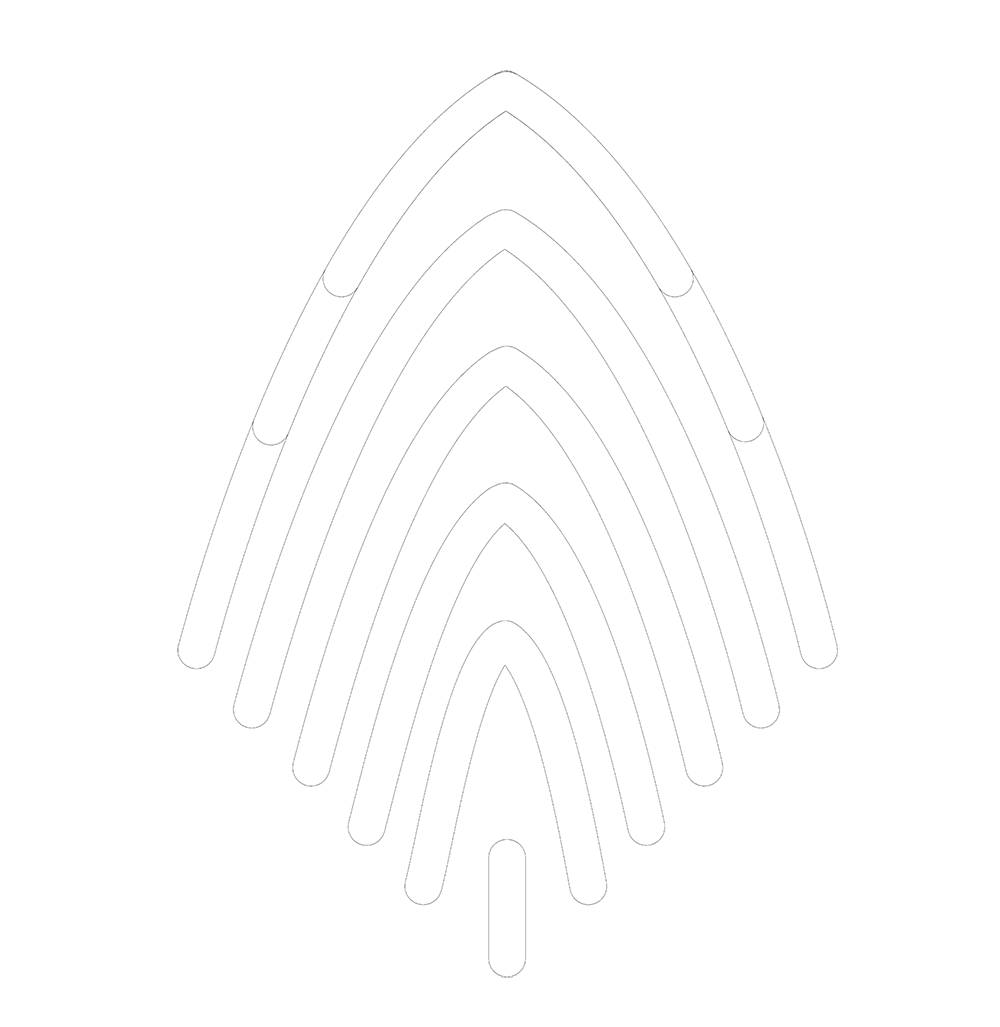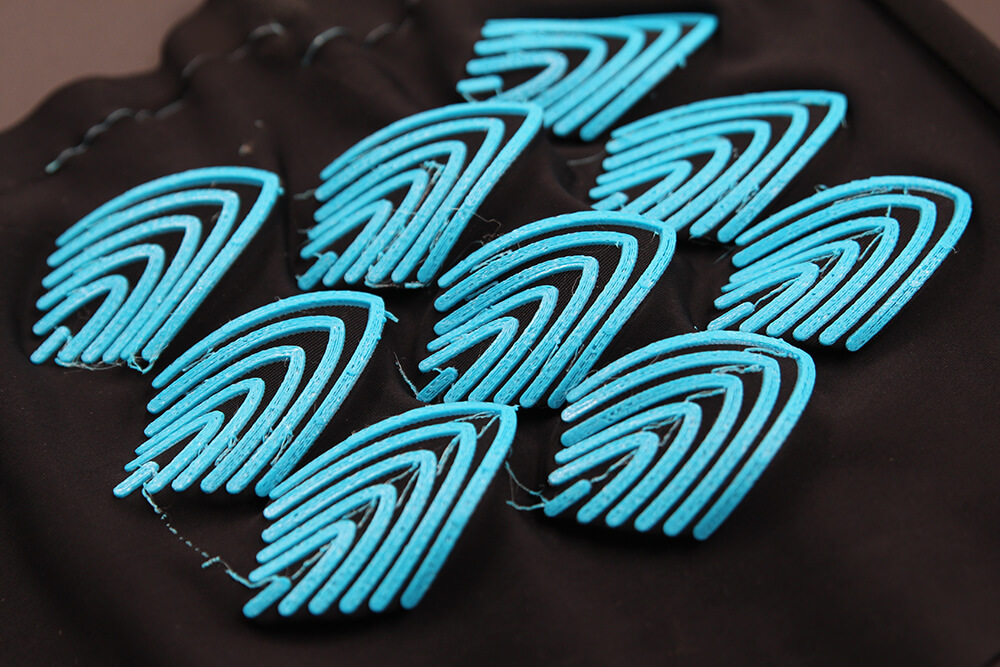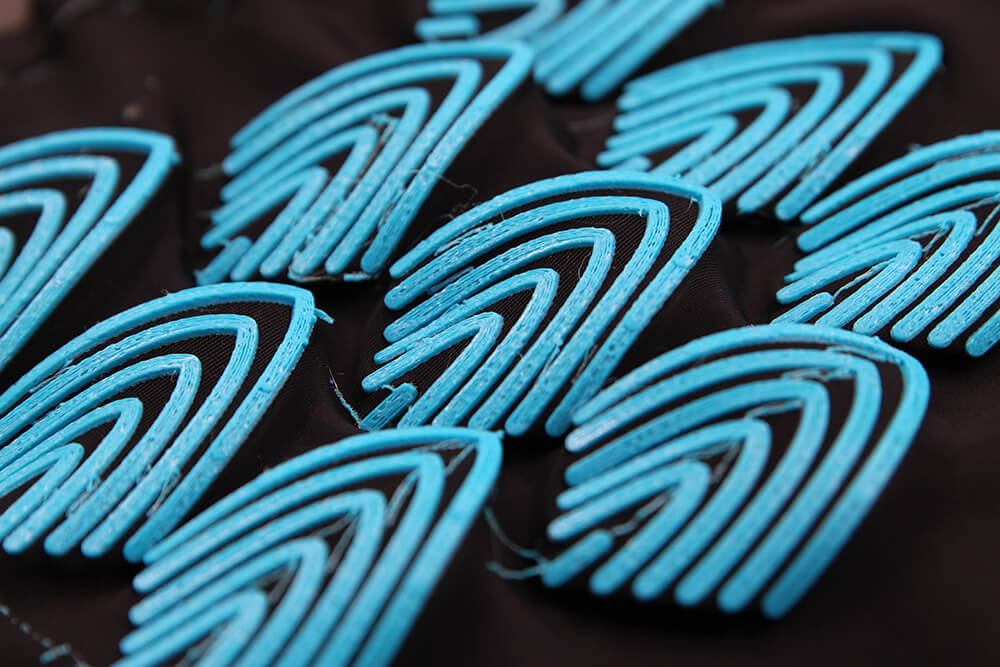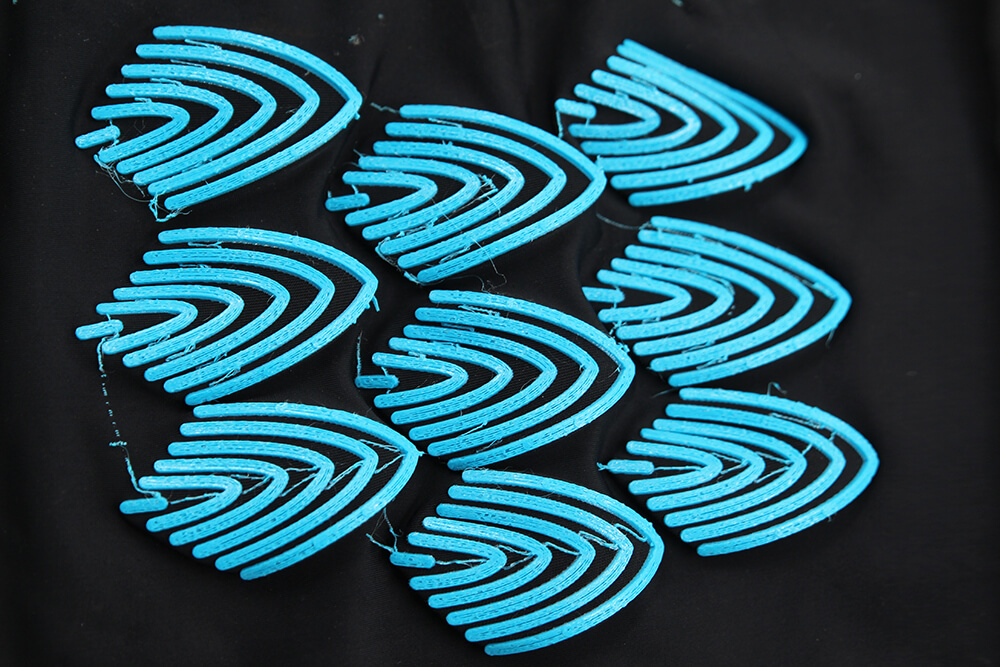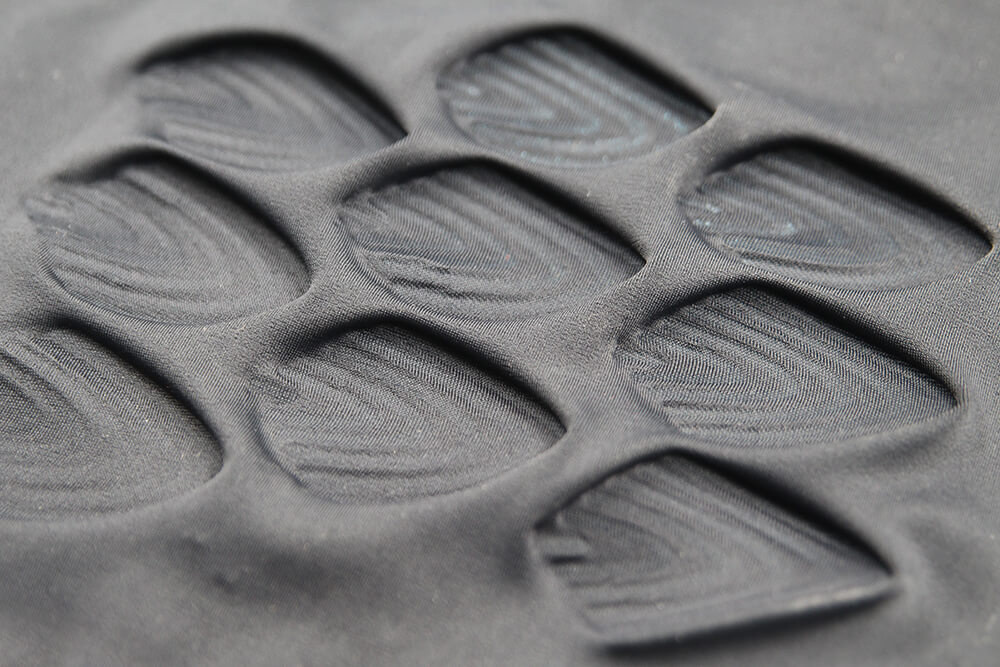Computational Couture

Links
- Recent Progress in 3D Printing of Smart Structures: Classification, Challenges, and Trends
- 3DPI”s Beginner’s Guide to 3D Printing
- Direct 3D Printing of Polymers onto Textiles: Experimental Studies and Applications
Freehand 3D sketching
The material was a polyester mesh-like fabric that stretched in one direction, but not much. Operating the pen takes some practice and the temperature of filament is probably too low to make it stick to the fabric well
Grasshopper
3D Printing
Slicer software - Ultimaker cura
3D printer
The printer used: Creality Ender-3 Pro
settings:
Iteration 2
The material was a polyester mesh-like fabric that stretched in one direction, but not much, so I couldn't really see the fabroc deforming in an intended way
Iteration 3
The material was a mesh fabric fabric that stretched, this time in two directions, but once again not enough so I couldn't really see the fabric deforming in an intended way
Iteration 4
The fabric was a very stretchy lycra, that finally showed the deformations. I modified the design to make the curves thicker and higher. There is a gradation of height in the spikes from the top to bottom.
Notes
For the purpose of this assignement I used FilaFlex flexible filament, that would bend slightly to the fabric tension unlike the usual PLA or ABS. It requires some adjustments in order to print successfully:
- slightly higher extruder temperature (around 10 degrees), so here it was 220'
- the retraction option should be turned off
- the z offset should be set according to the fabric thickness
Back


